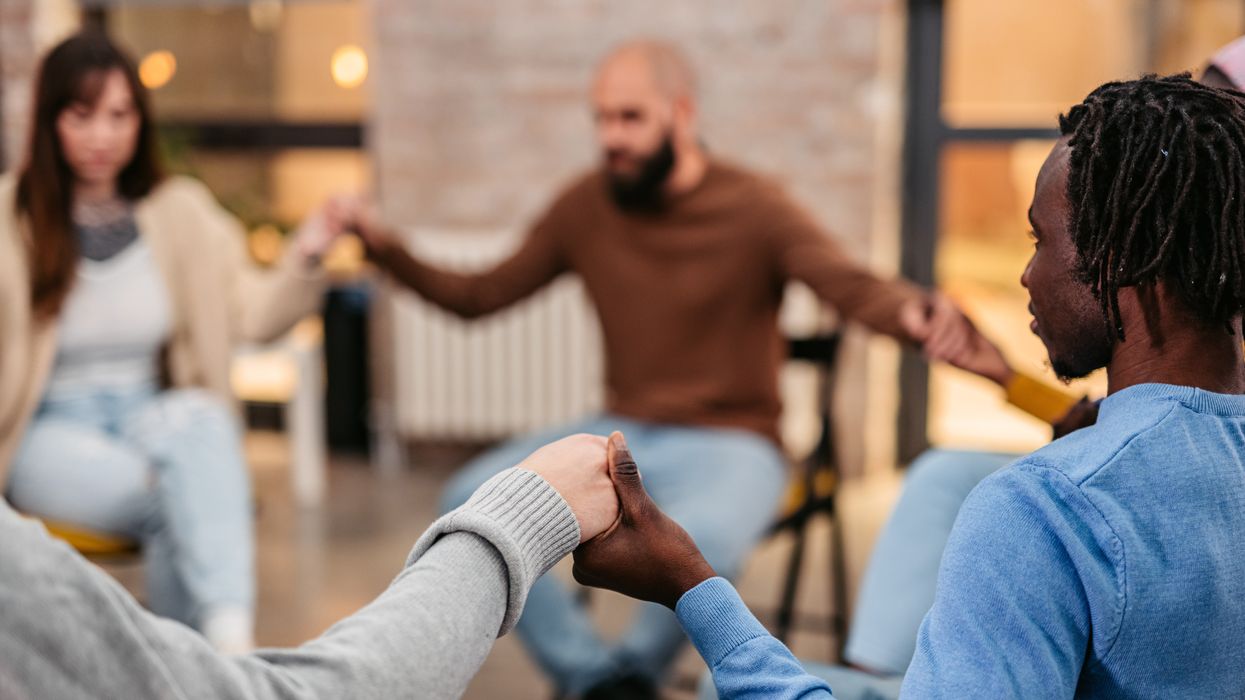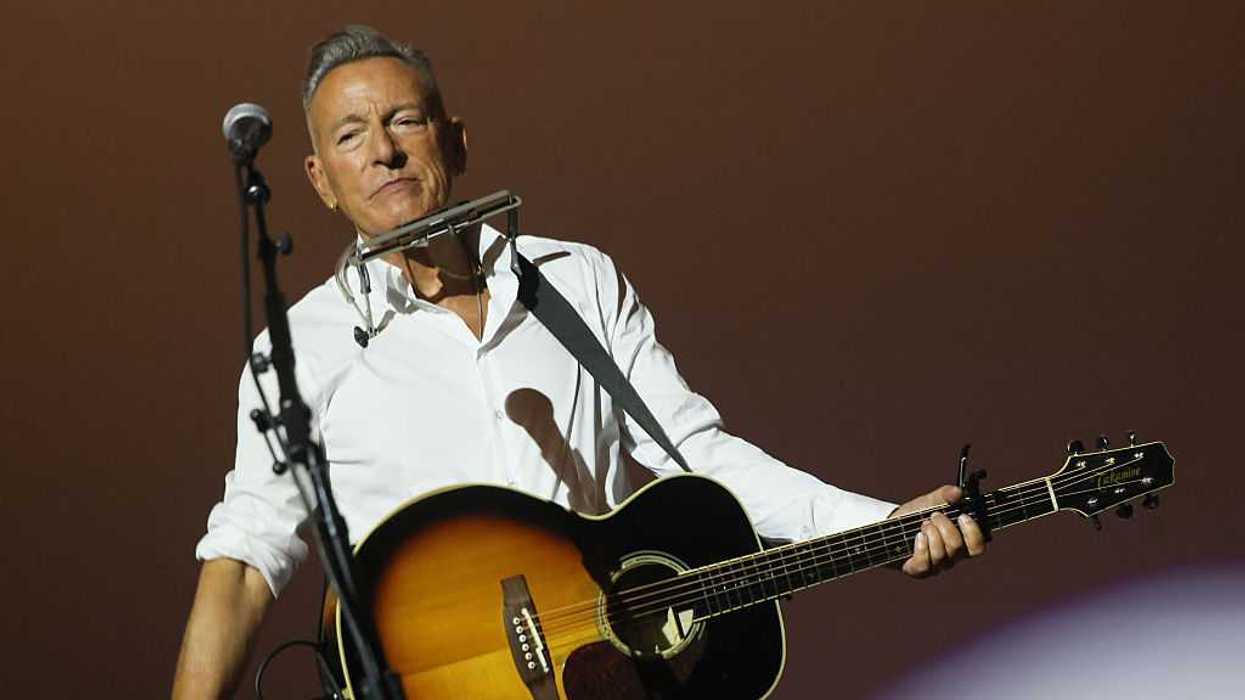Johnson is a United Methodist pastor, the author of "Holding Up Your Corner: Talking About Race in Your Community" (Abingdon Press, 2017) and program director for the Bridge Alliance, which houses The Fulcrum.
Empathic dialogue is not merely an element of emotional intelligence or a moral virtue; it is an essential tool that bridges the gap between differing perspectives and fosters an environment of mutual understanding. Empathy, in its simplest form, is the ability to understand and share the dynamic and experiential dispositions of others. This capacity to vicariously experience and appreciate the perspectives of others, even when they diverge from our own, is a crucial aspect of productive discourse and collaborative problem-solving.
Empathy inspires an intellectual curiosity that encourages us to step outside our comfort zones and explore ideas that challenge our preconceived notions. When we approach conversations with an empathic mindset, we are open to understanding varying viewpoints and willing to question our beliefs. This inquisitive nature fostered by empathy is instrumental in advancing deliberative dialogue, as it facilitates personal growth and the expansion of collective knowledge.
Moreover, this form of discourse can catalyze finding common ground amidst a sea of differing viewpoints. Empathy allows us to navigate the complexities of human emotion and reasoning by fostering an environment of mutual understanding. It aids us in deciphering the underlying motivations behind differing perspectives and enables us to identify commonalities that might otherwise go unnoticed. Such commonalities are a foundation for solution sharing and bridging the divide between contrasting points of view.
Empathy also plays a significant role in transcending individual biases. Our cognitive biases often lead us to interpret information in a way that confirms our preexisting beliefs, leading to a polarized and fragmented dialogue. However, when we employ empathy, we acknowledge and actively work to overcome these biases. We are engaging in empathic objectivity, a balance between empathic understanding and detached reasoning, which allows us to evaluate differing perspectives without the clouding influence of personal prejudice. Empathic dialogue is more than a passive understanding of another's perspective; it is an active engagement in their emotional experience. Through compassion, we can transform the dynamics of dialogue from a battleground of conflicting ideas to a playground of collaborative problem-solving.
I frequently promote empathetic dialogue within my ministry practice. One example is my leading of study circles to address racial disparities. These circles encourage reflection and conversations on race relations. The impact of these inclusive spaces is transformative for many participants who previously felt unheard or misunderstood. Through empathic discourse and actively listening to others' experiences, individuals often develop more profound connections with one another.
Another instance where empathetic dialogue is employed is through our work with local law enforcement agencies. By developing strong relationships with police officers and community leaders, we have created open communication lines that have increased trust among all parties involved. This willingness to engage in authentic conversations around race and policing has resulted in more harmonious relationships between law enforcement officials and the communities they serve. The positive outcome has improved public safety and reinforced the importance of continued empathy-driven engagement to create lasting change within our society.
The power of empathic dialogue lies in its ability to navigate the landscape of human emotion and cognition. It invites us to step outside of our perspectives and engage in a shared exploration of ideas. It fosters a culture of inclusivity and mutual respect, where every perspective is sought and valued.
It is through empathy that we can build bridges across our differences and work towards a more inclusive and understanding society. Empathic dialogue serves as a tool for effective communication and a means of hope for a more respectful and understanding world.




















